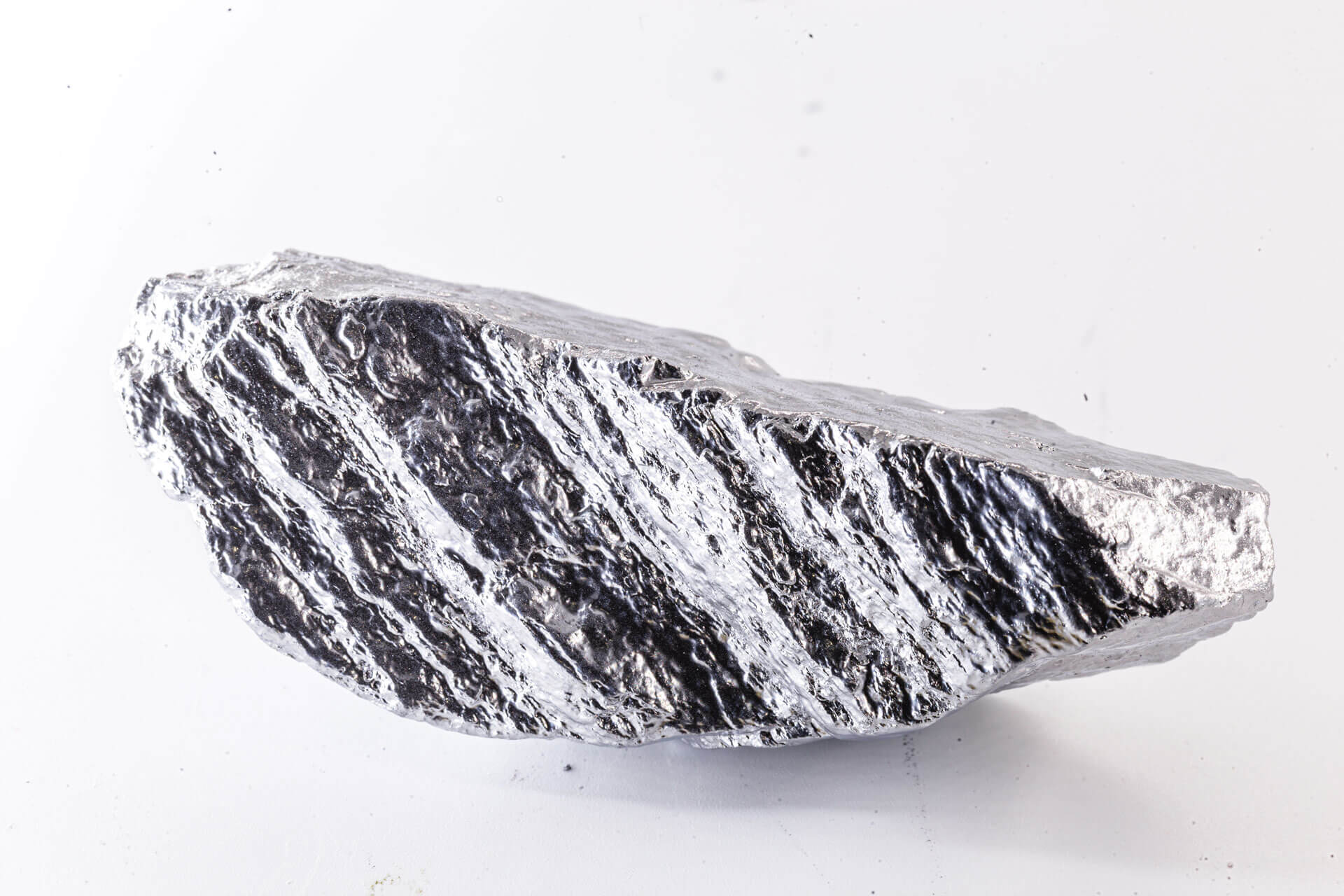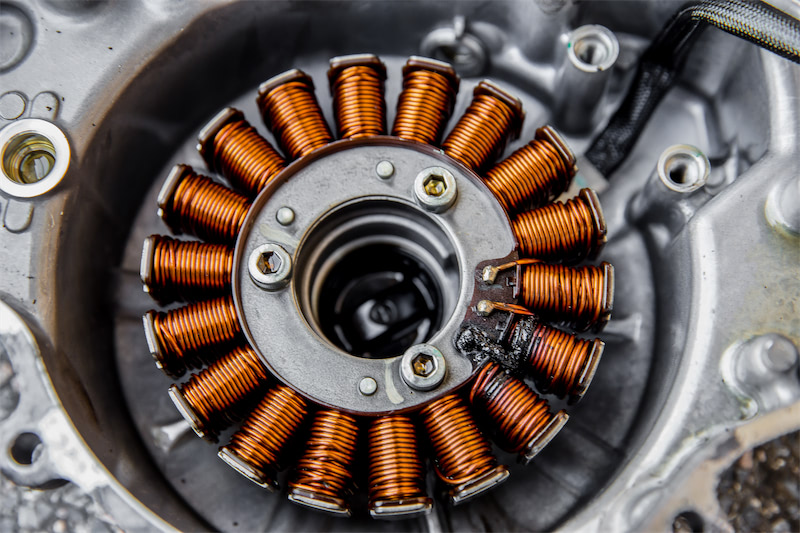Recently, BMW has continued to increase battery orders to keep up with the growth in demand for electric vehicles. It is reported that in the first half of this year, the company's electric vehicle delivery accounted for more than 11%.
BMW CEO Oliver Zipse said in an interview that the company's current battery contract is worth more than 20 billion euros ($23.8 billion), up from 12 billion euros previously. The batteries will be used in i4 sedans, iX sport utility vehicles and other models produced by BMW in 2024, and plans to switch to a new generation of batteries next year.
"We are following the market," Zipse said. "the first half of the year shows that the company is growing and gaining more market share. Our electrification strategy is correct. "
Carmakers are stumbling by a severe shortage of semiconductors, putting the industry on high alert to identify other loopholes in its supply chain. Access to adequate batteries and raw materials such as cobalt and nickel is crucial to the electrification transformation of traditional carmakers.
BMW's increased battery orders are mainly handled by China's Ningde Times and Yiwei LiNeng, South Korea's Samsung SDI and Sweden's Northvolt AB.
Although BMW is ready to cope with the growth in electric vehicle sales, the company is still limited by a shortage of semiconductors. Last month, the company predicted that the shortage would worsen by the end of this year.
"We said a few weeks ago that the second half of the year would be more difficult, and that's what we're seeing now," Zipse said. "it's going to be more difficult in the future, and it's going to be a problem for months."



![[SMM Stainless Steel Flash] Indonesian Major Mill Hikes 316L Export Price by $100/t](https://imgqn.smm.cn/usercenter/NHXhQ20251217171733.jpg)
